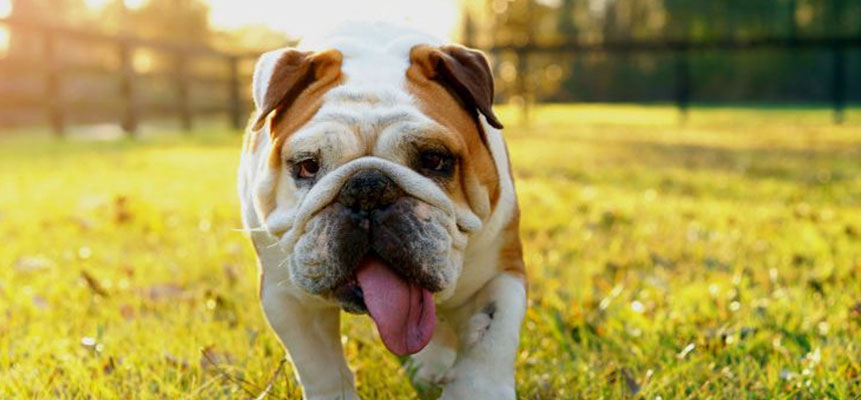Take care of your pet! Climate change can affect them
Advice from a veterinarian to preserve the health of your pet in the face of climate changes

In an exclusive interview with LatinAmerican Post, we spoke with Dr. Rolando Caballero about how to protect pets from sudden changes in climate, the necessary measures to take IGNORE INTO account, warning signs and other tips that will help your pet enjoy a better health.
Leer en español: ¡Protégelo! Tú mascota también puede sentir el cambio climático
The first thing that the veterinarian advises is that you should recognize three factors for the proper care of your pet regarding climate change:
- The weather where you live: In cities like Bogotá, where it can rain or decrease the temperature in minutes, the first recommendation is that your pet doesn't get wet, this exposure can generate serious respiratory conditions.
In Hot cities, one of the most serious pathologies that you should avoid is a Heat Stroke, which is caused by an increase in temperature. Likewise, when the dry seasons arrive due to flowers and dust, allergens are generated that cause difficulty in the respiratory process, which can trigger a condition.
- The breed: brachycephalic or flat breeds such as pugs, Boston terriers, bulldogs or Persian cats; whose airway is not adequate to breathe well, with an increase or abrupt change of climate decreases its respiratory capacity. Pay close attention to any flu or cold that your pet presents!
- Age: Puppies or younger animals tend to have weaker immune systems. It is essential that your first months and year of life have greater attention to any strange symptoms that present.
You may also be interested: 5 tips to be an eco-friendly pet owner
In general, to protect your pet independently of these factors, the doctor considers that the ideal is:
- Do not expose them to days or sun or rain.
- Have them in a dry place to avoid fungi such as aspergillosis, which grow with increasing rain and moisture.
- Keep your vaccination plan complete to avoid the distemper virus and parainfluenza.
According to Caballero, among dogs and cats, it is the latter who suffer the most from climate changes. Having them inside the house is more complicated due to the agility they have to sneak away, which exposes them to rain and high temperatures more easily. Pay close attention to their vaccination plan and their activities, especially those cats that enjoy being in the water. Although they are only some, they are exposed to a greater risk.
Birds and rabbits also suffer the inclement weather changes. Mainly the birds that are in cages, expose themselves to greater infections because of the depositions and residues of the food that get worse with the heat.
To protect birds, the important thing is to maintain proper hygiene and disinfect the places you frequent. For rabbits, the veterinarian recommends keeping them free inside the home, with adequate space for sleeping and their needs.
The circumstances under which it is essential to take your pet to the veterinarian in the face of situations caused by climate change are:
- When they have a heat stroke
- When they present respiratory symptoms, the first symptom is a dry and prolonged cough that generates salivation at the end.
LatinAmerican Post | Greece Algiers
Translated from: '¡Protégela! Tú mascota también puede sentir el cambio climático'





